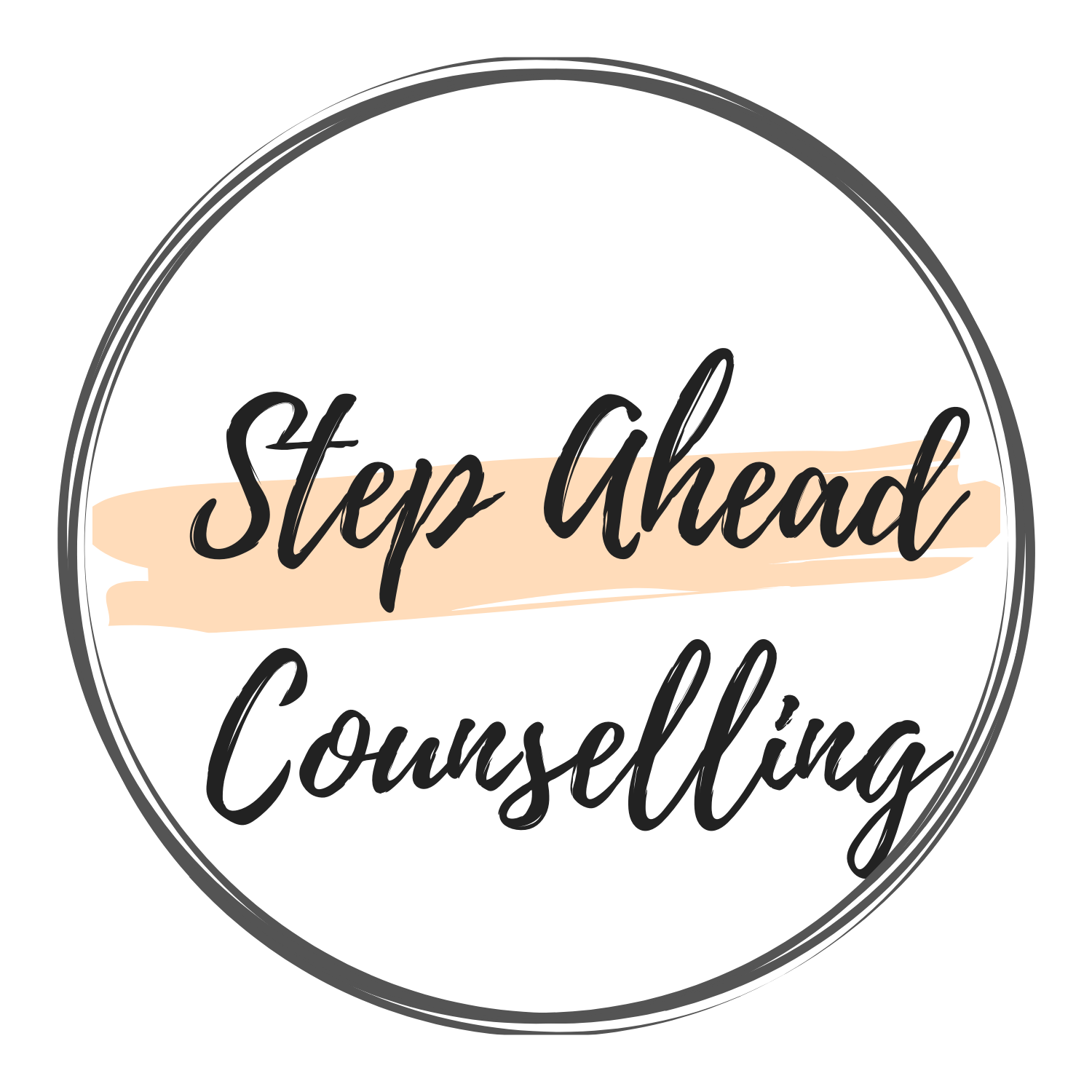Love maps – how to build stronger relationships by learning about your partner’s inner world
When we first start romantic relationships, we tend to be extra curious in getting to know our partner and understanding their likes and dislikes. What is their favourite band, where is their favourite brunch place, coriander - yes or no?
This natural stage of getting to know each other soon transitions as our bond depends, and our questions may get deeper. We may now ask ‘what do you want from life?’, ‘what are your needs in a relationship?’ and ‘what is your greatest fear in dating?’ Ultimately, we are trying to dive into our partner’s inner world and understand their needs and wants, and this is how we (albeit subconsciously) build love maps.
What are love maps?
Renowned Psychologist and marital expert Dr Gottman, describes Love Maps as “that part of your brain where you store all the relevant information about your partner's life.” According to Gottman, the couples most likely to enjoy marital closeness and satisfaction are the ones who build richly detailed “love maps”.
Having a detailed love map involves taking a genuine interest in your partner. Their wants, their dreams, their challenges, and fears. And as we grow as individuals within our relationship, it is important to update our inventory of knowledge as our spouse or lover also continues to grow and change. The more we become curious and seek connection by getting to know our partner better and sharing our inner selves with them, the stronger the connection and the more rewarding your relationship will be.
How do love maps support your relationship?
Love maps help us feel seen and heard by our partner. When we choose to spend our life with someone, we hand them a map to our inner world, our current inner world. This map however is a pencil sketch. Gottman says spouses who are in the habit of keeping up to date with each other’s lives (including intimate details about what the other feels and thinks), are better equipped to cope with major life changes, stressful events, and conflict.
Myself, I have worked with couples who have been together for many years, even decades and have children and a home together, and yet these two people are only ‘functioning’ in their relationship. That is, both parties go to work, organise children and pick-ups, sort out meals, groceries, and housework etc but have lost themselves and each other in the process, as they have been so caught up in other priorities there’s little space left in their minds for keeping up with each other’s ever-evolving worlds.
When love maps are mutual, that is when both partners seek to continue to learn more about their partners and ask open ended questions with genuine interest, you start building a solid friendship and this friendship is what sustains a relationship.
How do I build a Love map?
Since we are all constantly evolving, understanding one another is a lifelong process. Therefore, it’s important for all couples to keep developing their “love maps” — regardless of how well they feel they know each other right now.
However, the best thing about love maps is that they don’t take a lot of effort or time. The process of updating each other’s love maps can be as simple as sitting down over a coffee and catching up or prioritising at least one weekly dinner to just ‘talk’. It’s important to keep the discussions about the weekly schedule or who is picking up the kids, meal planning etc for another conversation. This chat should focus on connection, curiosity and building each other’s love maps.
Your Love map questions should be broad, and they should also be deep.
Some broad questions can be around topics such as:
The present important people in your partner’s life—friends, potential friends, and foes
Recent and upcoming important events
What has your partner achieved recently that they’re proud of?
What is your partner excited about, or dreading?
Your partner’s current worries and aspirations
It’s important to also ask the deeper questions about your relationship such as:
In what ways do we work well as a team? How can we improve?
What is your biggest fear in our relationship?
What turns you on sexually, and is there any ways we can improve our intimacy?
Do you feel supported by me when you need me? What can I do differently?
Throughout the lifetime of your relationship keep turning towards each other and updating your love maps. This knowledge will not only help sustain a relationship, but also deepen your bond and protect it in the wake of dramatic upheaval. After all most couples who stay together in a healthy marriage long term don’t stay married because of the absence of conflict, or their enthusiastic sex life. They stayed married because they liked each other. They knew each other.
For more information on this topic, or if you need support in nurturing your relationship please contact me at : https://stepaheadcounselling.com.au/
Maria Souza
